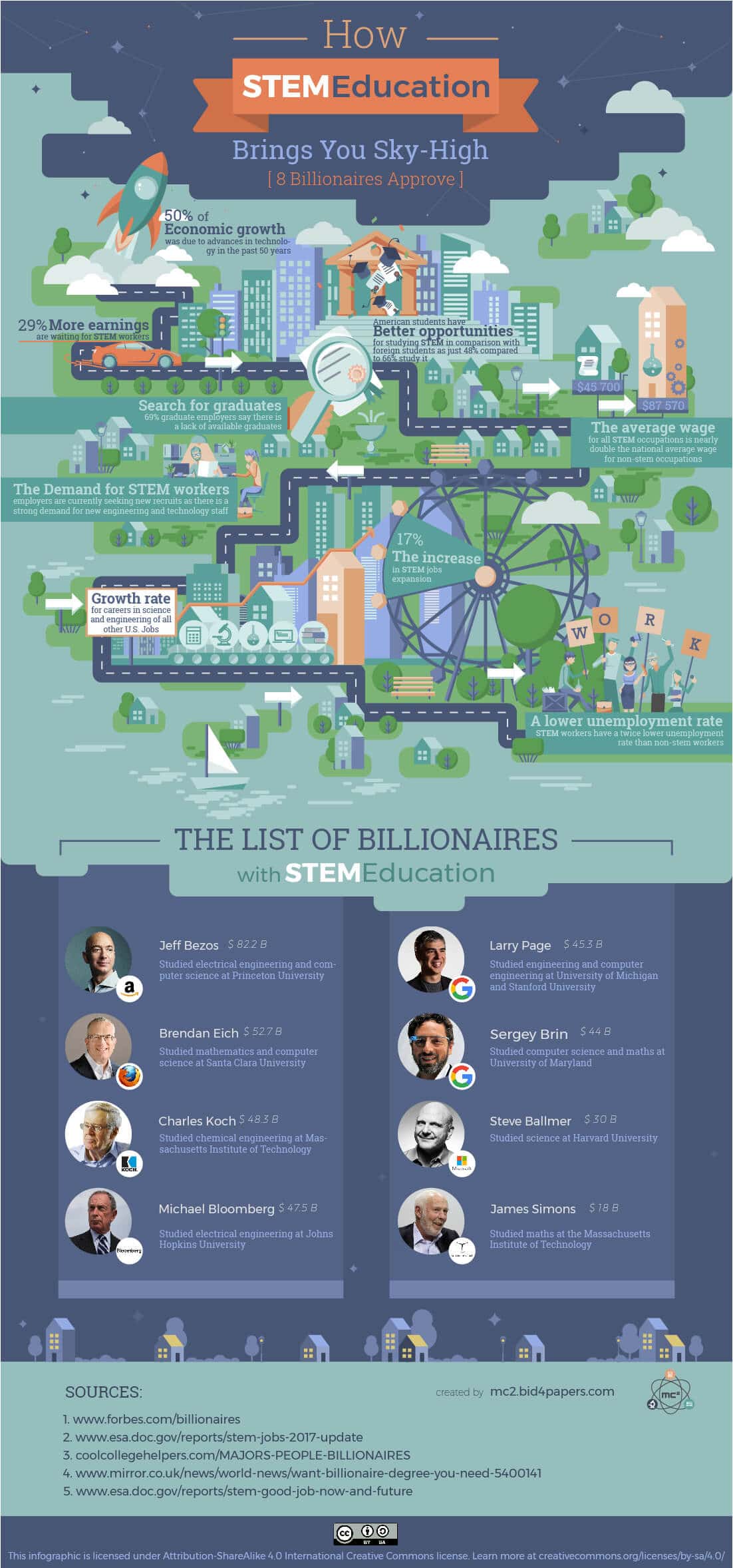Congratulations!
It’s high school graduation! You’ve spent countless hours studying hard in school, and it’s the right time to leave it all behind…
The question is: what’s next?
You’re about to start a new chapter in your life, so you’d better think about developing skills that will enhance the chances of being employed in the future.
While some school graduates think that they can do without a college degree, around 69.7% of youth enroll in colleges or universities. At this point, matriculates make fateful decisions.
When you’re 16/17/18-year-old, it costs a lot of effort to choose a subject area and understand why you need to hit the books without respite while studying in a college.
How do students choose a major field of study?
When it comes to choosing a major field of study, parents put pressure on their offspring even without knowing that. As they want to help children make the right choice, parents often think about the future as the educational process is a career preparation. However, selecting a major field should be based on personal interest first as it’s an actionable way to keep a student engaged in learning.
The core principles behind finding a perfect career path:
- The prestige ranking of the field;
- Career opportunities knowledge gives;
- Student’s interest in the niche.
Obviously, choosing a major field of study, enrollees play their last card with the hope to succeed. Although many reasons play a role in picking out the field, it’s important to understand what opportunities you can get with obtained knowledge after the graduation, and there is a proof that STEM education can be an appealing option for you.
So, why consider STEM education expedient?
Table of Contents
- It helps to feel valued: 50% of economic growth in the past 50 years was due to advances in technology;
- It gives propitious career opportunities: 69% of graduate employers say there is a lack of available graduates;
- It allows you to be better off: 29% more earnings are waiting for STEM workers.
The above-mentioned stats prove that STEM education can bring you sky-high.
While you’re rolling up your sleeves, pay attention to a handy infographic where you can find the career opportunities STEM education gives you, and a list of famous billionaires who approve it.

Embed Code:
“If opportunity doesn’t knock, build a door.”
Milton Berle
Don’t be upset if you haven’t inherited the wealth as you can still build it from nothing. The only thing you should learn is that desire drives us when it comes to achieving success.
So, what can we learn from the above-mentioned billionaires?
1. Be stubborn
Learning STEM subjects is hard, but you can put effort into it and never give up as it’s the best way to achieve success
• “We will go forward… we will never go back.”
Michael Bloomberg
• “Always deliver more than expected.”
Larry Page
• “I feel there’s an existential angst among young people. I didn’t have that. They see enormous mountains, where I only saw one little hill to climb.”
Sergey Brin
2. Failures are lessons
Everyone makes mistakes in a lifetime, but don’t regret about them. It’s a way to learn something valuable and become a better person.
• “If you decide that you’re going to do only the things you know are going to work, you’re going to leave a lot of opportunity on the table.”
Jeff Bezos
• “If you never failed, then you’re probably not doing very much.”
Charles Koch
• “Life is too short to spend your time avoiding failure.”
Michael Bloomberg
3. Think long-term
If you’re hesitating whether enroll in a STEM program or not, think about career opportunities it can give you. Knowledge is power.
• “Another thing that I would recommend to people is that they always take a long-term point of view.”
Jeff Bezos
4. Do what you love
Only if you do what you love, you can achieve success.
• “To be happy you have to fulfill your nature.”
Charles Koch
• “You never lose a dream, it just incubates as a hobby.”
Larry Page
5. Experiment
The more you try, the more you get. Plus, doing something crazy is a way to find out new opportunities.
• “The only way you improve is to try new things.”
Charles Koch
• “If you’re not doing some things that are crazy, then you’re doing the wrong things”
Larry Page
6. Be yourself
If you’re in love with science, that’s great. You’re not a brainiac; you’re just who you are, and it’s awesome!
• “I don’t know why you should be proud of something. It doesn’t make you any better or worse. You are what you are.”
Michael Bloomberg
• “It’s always great when you get a lot of people pushing themselves to do better, be better, invent better, better serve, better lead customers in new directions.”
Steve Ballmer
• “I wasn’t the fastest guy in the world. I wouldn’t have done well in an Olympiad or a math contest. But I like to ponder. And pondering things, just sort of thinking about it and thinking about it, turns out to be a pretty good approach.”
James Simons
Learning from people who succeed is a surefire way to get motivated and avoid making common mistakes. The above-mentioned billionaires approve that STEM education is worth obtaining.
The world of numbers and formulas can be fascinating even though it may be hard for understanding at first blush. The best things about getting STEM education? It makes you a well-rounded person and brings you sky-high as it gives a dozen of career opportunities.
So, are you ready to give it a try? 😉

